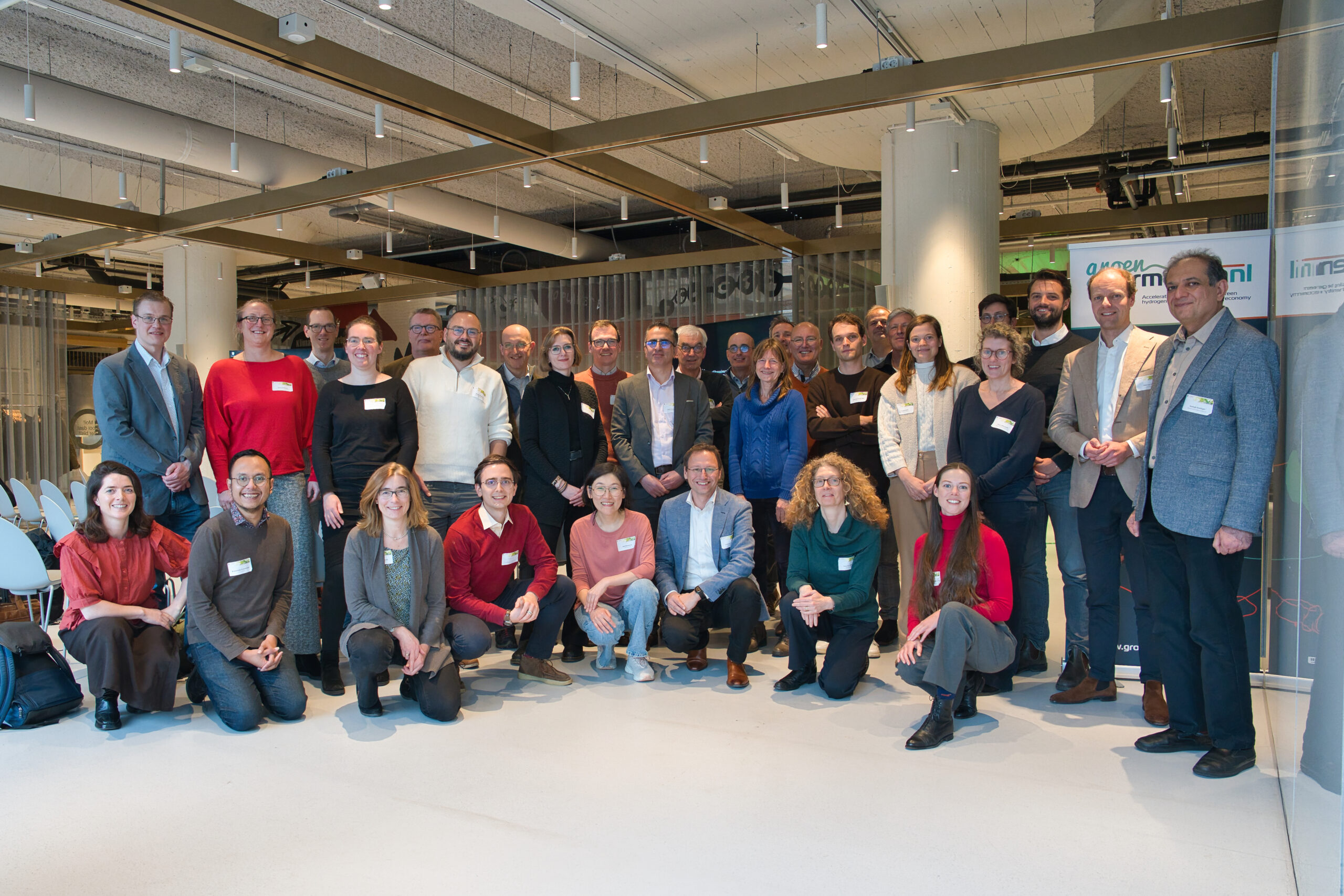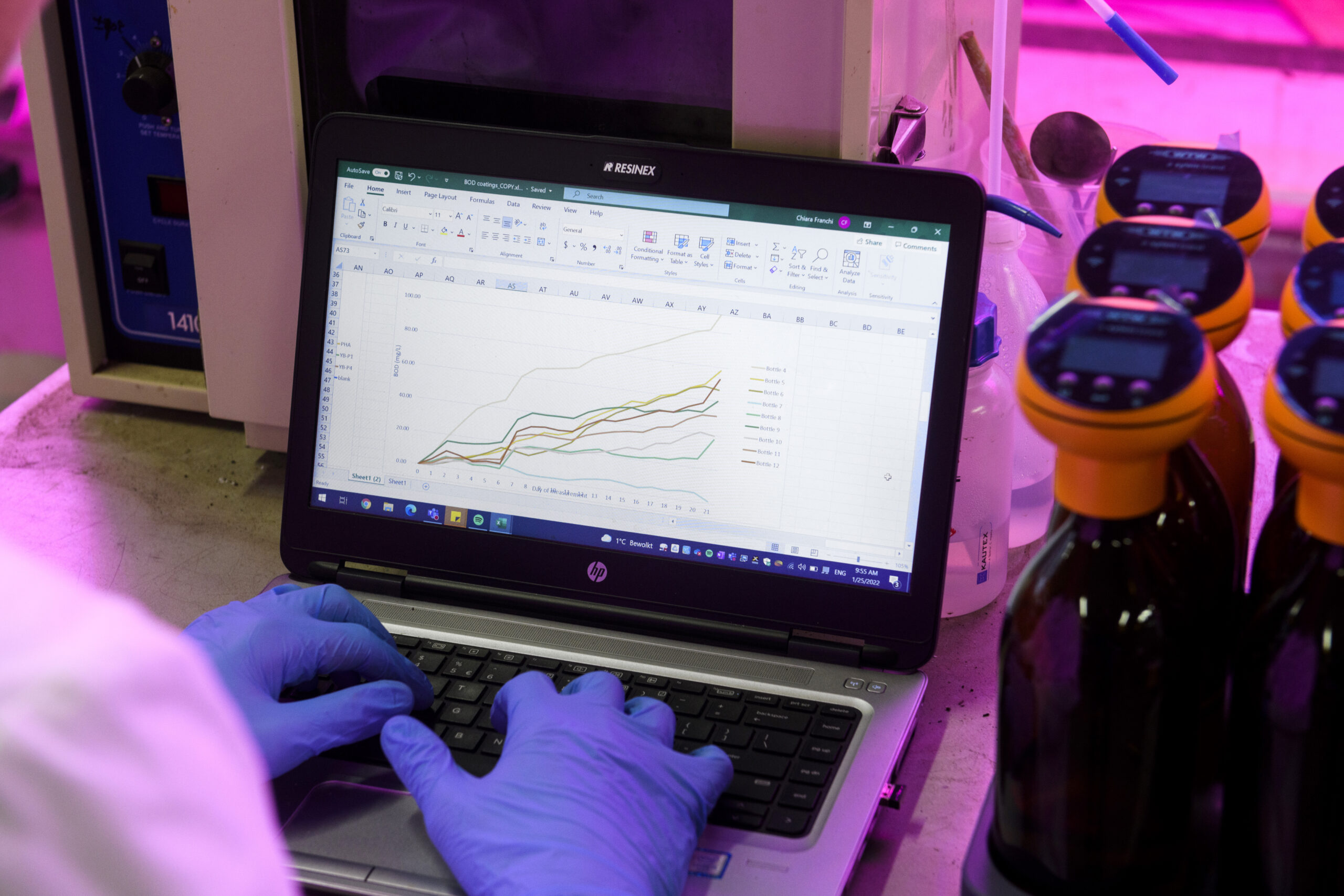In the heart of Groningen, dozens of partners from the knowledge and business field gathered for the kick-off event. The whole day focused on the socio-economic side of the hydrogen transition. According to Herder, that side of the transition is crucial. ‘HySUCCESS focuses on exactly that: identifying and analysing factors such as public acceptance, economic feasibility, legal frameworks and policy instruments that influence the role of green hydrogen and green chemistry in a sustainable future.’
Equitable hydrogen transition
The research is led by professors Linda Steg (University of Groningen) and Henk Akkermans (Tilburg University). Steg also stresses the importance of non-technical factors for the hydrogen transition. ‘Because without acceptance of hydrogen, good laws and regulations and good business models, hydrogen will not be able to be implemented on a large scale. In doing so, it is important to have a fair hydrogen transition, with a fair distribution of costs and benefits and with transparent procedures, which also contributes to public acceptance.’
Cooperation between science and business
Within HySUCCESS, which stands for Social, User aCCeptable, Economically Sustainable Systems for hydrogen, parties from the knowledge field and the business community have joined forces within 1 broad consortium: 10 universities, 4 universities of applied sciences, 3 research organisations and 3 industrial partners are working together. MNEXT, together with these partners, investigates the role of green hydrogen in a carbon-neutral energy system and the effects of hydrogen on the environment. They further zoom in on the factors that hinder and strengthen the economic feasibility of hydrogen business cases in the Netherlands. They also study legal frameworks and policy instruments and socio-cultural factors that determine what role hydrogen can play in the energy system.
Scientific research
‘With this project, we want to understand the economic, legal, and social factors that influence the feasibility of hydrogen. We hope to shed light on regional labour market effects and understand the drivers of public acceptance,’ says Steg. ’This is scientific research in which everything can be questioned, including whether hydrogen can play a role in the future energy system. Based on our research, politicians and other societal stakeholders can determine what role hydrogen can have in the Dutch energy system and what policies are needed to remove barriers.’
Het laatste nieuws
17-04-2025







